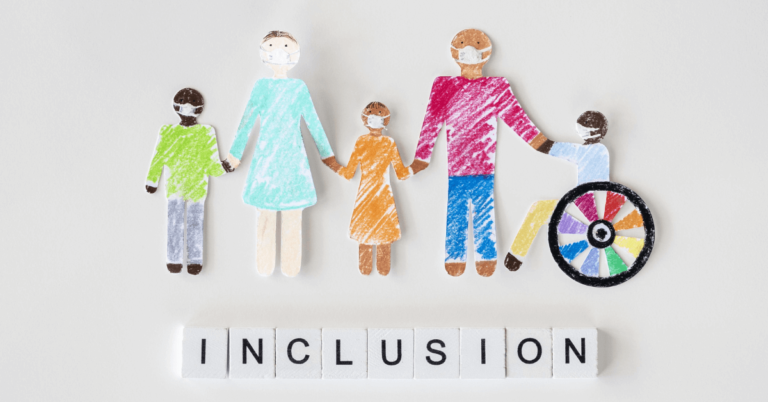
Diversity and Inclusion in the NDIS: Why it Matters
The NDIS’s mission is to provide accessible, flexible, and culturally responsive services that support people with disabilities in achieving their goals and participating fully in their communities. One of the core principles of the NDIS is diversity and inclusion, and it is critical to understand why it matters.
Why Diversity and Inclusion Matter
Diversity and inclusion are essential components of any society, and they are particularly important when it comes to disability support services. People with disabilities come from different cultural, linguistic, and socio-economic backgrounds, and they have unique needs and experiences. It is crucial that disability services are designed to meet the diverse needs of this everyone and provide support that is culturally responsive and inclusive.
Achieving this culturally inclusion environments helps to build trust between service providers and clients. People with disabilities are more likely to seek support when they feel that their culture, language, and beliefs are respected and valued. This can lead to better outcomes for individuals with disabilities, including improved health and wellbeing, increased social participation, and greater independence – all wonderful aspects that every person deserves.
Another important reason why diversity and inclusion matters, is that it promotes social justice and equity. People with disabilities from diverse backgrounds are more likely to experience discrimination and marginalisation, which can lead to social isolation and reduced access to opportunities. Disability services that are designed to be inclusive and culturally responsive help to reduce these disparities and promote equity.
How Diversity and Inclusion are Achieved in the NDIS
The NDIS has taken great steps to ensure that diversity and inclusion are integrated into the program’s design and implementation. As an example, the NDIS recognise that people from diverse backgrounds may face unique challenges in accessing disability services, such as language barriers or cultural differences. To address these barriers, the NDIS provides funding for interpreters, translators, and other support services that help to bridge these gaps.
The NDIS also recognise the importance of cultural safety and competency in disability services. This means that disability service providers must be able to work effectively with people from diverse backgrounds, understand their unique needs and experiences, and provide support that is culturally responsive and inclusive. The NDIS provides training and support to service providers to help them develop these skills and competencies.
The LGBTQ+ community is one of the many diverse communities within the NDIS. People with disabilities who identify as LGBTQ+ may face unique challenges related to their sexuality or gender identity. For example, they may face discrimination or stigma from healthcare providers, struggle to find inclusive support services, or face barriers in accessing appropriate healthcare. To address these challenges, the NDIS is committed to ensuring that support services are inclusive and respectful of people’s sexual orientation and gender identity. The NDIS also provides funding for specific services that may be relevant to the LGBTQ+ community, such as gender-affirming healthcare or support services for people living with HIV/AIDS. By prioritising inclusivity and respect for diversity, the NDIS is working to create a more supportive and equitable environment for individuals who identify as LGBTQ+.
To sum it up, inclusion and diversity are essential components of disability support services, and they are critical to achieving positive outcomes for people with disabilities from diverse backgrounds. The NDIS has taken significant steps to ensure that diversity and inclusion are integrated into the program’s design and implementation, and it is essential that service providers continue to prioritise these principles to ensure that all individuals with disabilities receive the support they need to live their lives they deserve!
